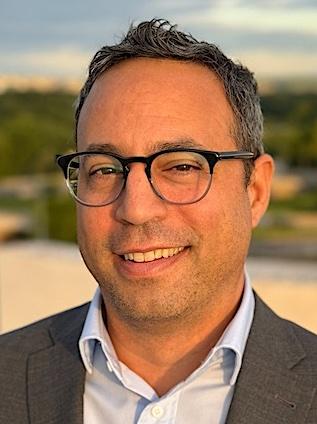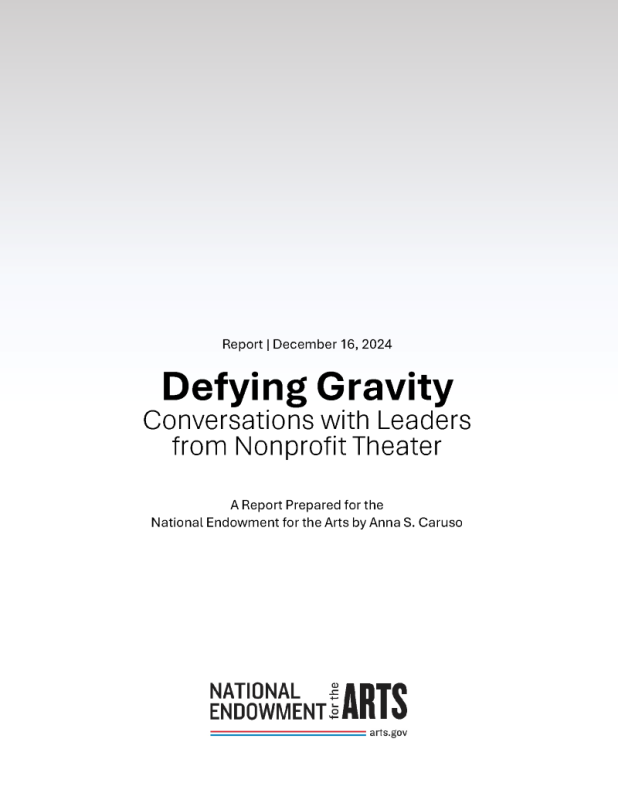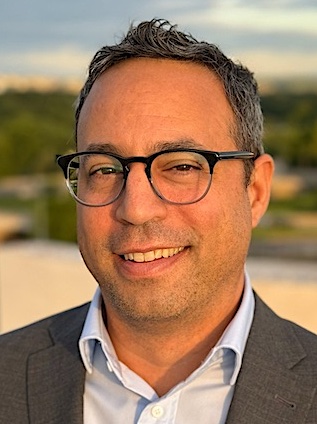
Photo by Josh Adam Ramos
Since the onset of the COVID-19 pandemic, quickly followed by the unprecedented closure of theaters nationwide, the theater team at the National Endowment for the Arts (NEA) has worked to support the field during an ongoing series of extraordinary challenges. Through the Coronavirus, Aid, Relief, and Economic Security (CARES) Act and American Rescue Plan (ARP) Act, the agency was able to provide general operating support grants, used to save jobs, fund operations and facilities, buy health and safety supplies, and support marketing and promotional efforts.
The NEA’s theater team also held listening sessions in 2021 and 2024 with theater makers across the country. These were designed to shed light on the shared and unique hardships of re-opening venues and attracting audiences nationwide as well as create a space for the community to come together.
The second series of listening sessions, held this past summer, helped the team to learn more about evolving challenges, successful strategies, and potential pathways to future sustainability of the field. Those conversations have now been distilled and analyzed in a new report, “Defying Gravity: Conversations with Leaders from Nonprofit Theater,” which offers useful insights and actionable recommendations from a diverse range of theater practitioners across the national ecosystem. We hope it also provides a roadmap toward avenues for funders and supporters to join us in fighting for a vibrant nonprofit theater sector that serves communities throughout the nation for generations to come.
The NEA’s theater team took great care to ensure that a wide variety of perspectives, from all parts of the nation, were represented in each of the 12 listening sessions. We spoke with current and former leaders of non-profit theaters of all sizes and missions, theater journalists, service organizations, union representatives, arts researchers, and freelance artists among, others.
Unsurprisingly, pressing financial concerns were a recurring theme. Among the challenges discussed, participants described:
- Difficulties in hiring and retaining talent, particularly for the specialized areas of fundraising and production staff;
- A generational leadership shift, with potential for the loss of institutional knowledge; and
- The conflict between a need to innovate and the lack of resources to experiment with new ideas.
Amidst these challenges, participants also noted opportunities, with one saying, “We are seeing folks who are coming to us from outside the industry, bringing some really fresh ideas and, in a good way, questioning everything we do.”
Another participant shared that, “We’re really collaborating in ways that are deeper than I think we used to collaborate as a field. I feel like there’s a lot less holding on of information and of projects, and a lot more willingness to share them.”

“I believe this interest and willingness to see peer organizations as potential collaborators rather than competitors holds an important key to the future of the field. It’s only through banding together in this common interest that theaters will be able to survive and thrive in the future.”
I believe this interest and willingness to see peer organizations as potential collaborators rather than competitors holds an important key to the future of the field. It’s only through banding together in this common interest that theaters will be able to survive and thrive in the future.
The pages of this report contain a treasure trove of ideas and strategies for new ways of working and paths forward towards a stronger and more resilient field, including tested concepts that either showed promise or did not, but still resulted in useful learnings.
What was abundantly clear to all, is that business as usual, as was conducted in 2019 and prior, will not suffice. The world has been forever changed, and the theater field must change with it to survive.
Nevertheless, the NEA’s theater team was struck by a shared spirit of optimism that came through in each listening session despite the circumstances. That spirit, based on our shared belief in the power of theater to uplift and unite communities, cannot be broken. It is our greatest resource, and it has made theater an integral part of human civilization for thousands of years. Coupled with hardscrabble determination, we have what it takes to work together toward a better future where theater, in all its manifestations, thrives once more.
Greg Reiner is the theater and musical theater director at the National Endowment for the Arts.

